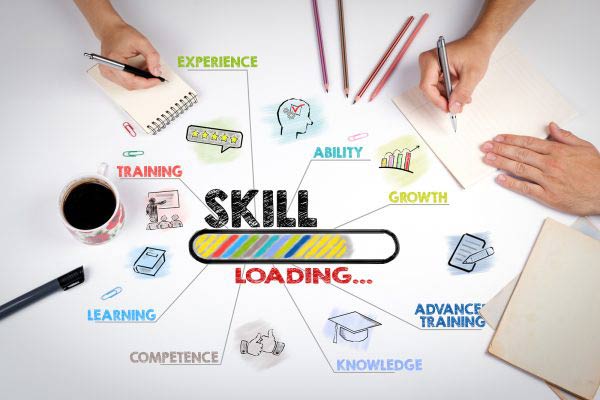

You'll explore how to hire consultants, coach and develop subject matter experts as trainers, set up a resource center, market and administer a registration system, and schedule training (along with facilities and materials coordination). You’ll learn skills to help you better clarify your role in your organization; transition to an internal consulting approach and partner with internal customers; diagnose problems within your organization and put together a proactive plan to address them; identify what good training looks like so you can be a wise consumer of training products and services; easily develop and maintain training resources; manage training enrollment, record keeping, and follow-up; and create effective training schedules.
By the end of the workshop, you will be able to:
This workshop is designed for training coordinators and administrators and instructors who coordinate a training function for an organization or business unit, or those interested in becoming more efficient and effective. As part of this session, you will receive the tools and skills necessary to be more proactive in your ability to meet and anticipate your organization's needs.
This interactive Training will be highly interactive, with opportunities to advance your opinions and ideas and will include;
PREWORK ASSIGNMENT:
SESSION ONE
Unit 1: Training Coordinator's Role in the Organization
Unit 2: Transition to an Internal Consulting Approach
ASSIGNMENT:
SESSION TWO
Unit 2: Transition to an Internal Consulting Approach (continued)
Unit 3 Diagnose Problems and Put a Plan Together
ASSIGNMENT:
SESSION THREE
Unit 3: Diagnose Problems and Put a Plan Together (continued)
Unit 4: Know What Good Training Looks Like!
Unit 5: How to Develop and Maintain Training Resources
ASSIGNMENT:
SESSION FOUR
Unit 5: How to Develop and Maintain Training Resources (continued)
Unit 6: Training Enrollment, Record Keeping and Follow-up
Unit 7: Training Schedules and Facilities Arrangements
APPLICATION ASSIGNMENT:
CDGA attendance certificate will be issued to all attendees completing minimum of 80% of the total course duration.
| Code | Date | Venue | Fees | Register |
|---|---|---|---|---|
| HR162-02 | 01-06-2026 | Rome | USD 6950 | |
| HR162-03 | 07-09-2026 | Kuala-Lumpur | USD 5950 | |
| HR162-04 | 06-12-2026 | Amman | USD 5450 |

Training Coordinators play a vital role in ensuring any training actually solves the performance gap or need.

The program is designed to provide the essential skills and knowledge to perform the roles of the Training Coordinator & Administrator’s competently. The program also provides the tools and techniques ...

This program is designed specifically to recognize the vital role of those working in the area of training and development. It is suited for anyone who trains or develops others or who is involved in ...

This brand new program is designed for any one in training or involved in development and who needs to understand how all the elements of training work.
Providing services with a high quality that are satisfying the requirements
Appling the specifications and legalizations to ensure the quality of service.
Best utilization of resources for continually improving the business activities.
CDGA keen to selects highly technical instructors based on professional field experience
Since CDGA was established, it considered a training partner for world class oil & gas institution
3012, Block 3, 30 Euro Business Park, Little Island, Co. Cork, T45 V220, Ireland
Mon to Fri 09:00 AM to 06:00 PM
Contact Us anytime!
Request Info